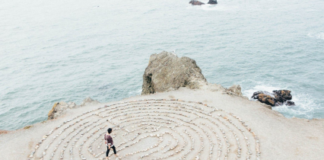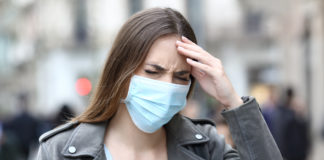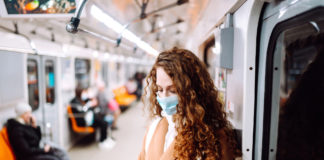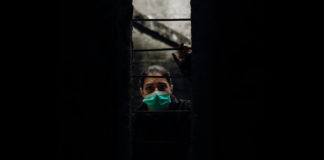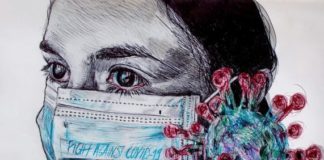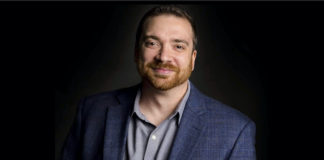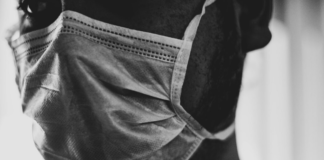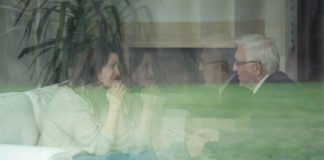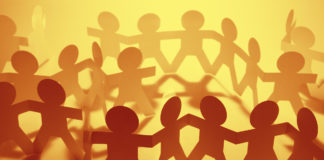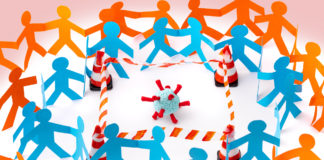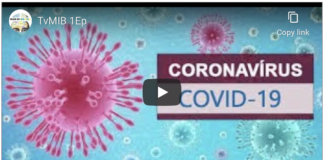Tag: coronavirus
Lessons from the Pandemic: Panic Attacks Are Not Random
The ease and confidence with which many clients assume they are prone to panic attacks reflects larger cultural trends truncating and framing human suffering in medicalized terms.
The Great Slowdown: Why Breaking Down Is Waking Up
Who is really more ill? A person who responds in a natural way to trauma? Or the indifferent society that locates so-called ‘disorders’ within the people that it harms, rather than itself?
Is COVID-19 Making Everybody Crazy?
The response to the pandemic promises a vast expansion of the market for therapists, but such claims carry great potential for harm, adding to the burdens of people with upsetting but understandable, deeply human feelings.
Is It Time to Rethink Mental Illness in Light of the...
Now that so many are experiencing distress because of the coronavirus, can we not appreciate that many who have been labeled mentally ill have long experienced these kinds of hardships?
What COVID-19 Has to Teach Us About Psychiatric Oppression
The answer to DJ Jaffe’s question as to whether or not forced incarceration in psychiatric facilities leads to fear of psychiatric facilities (or of reaching out for help in general) is an obvious one. Yet, it is important that we find ways to use this opportunity to draw the connections in bold, impossible-to-miss lines, and turn this crisis into a learning opportunity that might actually help move psychiatric oppression out of the shadows of the unknown and into the light.
What If This Pandemic Is the Best Thing to Happen to...
Families may be worried that the stress of lockdown may aggravate their child’s struggles. Yet, we hear some parents say the situation has changed their child for the better. Why might that be? In this interview, Dr. Nicole Beurkens talks about the impact of “quarantine life” on children with different types of behavioral, emotional, and neurodevelopmental challenges.
Induction to Virus Psychosis
Psychiatry: the science of the obligation to adhere to the norm. The norm has changed, and also changes whatever can be defined deviant and erroneously made pathological.
Sam Himelstein – The Impact of COVID-19 and Social Distancing on...
Psychologist Sam Himelstein, PhD, talks about the impact of the coronavirus crisis and “social distancing” policies on adolescents, taking a look at the unique needs of teenagers and young adults and the challenges they may present for parents, caregivers, and other family members.
Life Inside America’s Psychiatric Facilities During the Pandemic: Eyewitness Accounts
Insiders paint a picture of chaos and fear in public and private psychiatric hospitals across the country. "Now that she has been discharged, Sevigny is getting the truth out, just as the nurse asked her to do. She also plans to continue to organizing in her state, with and on behalf of those who continue to be subjected to dangerous conditions in the name of care."
Is Your Brain Adequately Nourished to Cope With COVID-19 Stress?
Mental health resilience is a function of a well-nourished brain. Even in our developed, western society, our brains are only marginally nourished, contributing to the epidemic of mental illness visible even before COVID-19 arrived on the scene.
There’s Something Spreading Faster Than COVID-19, and It’s Not Fear. It’s...
This “advice” to “remain positive” is spreading faster than COVID-19 and even faster than fear. The only people that benefit from that are the people already benefiting from predatory systems of capitalism and psychiatry that were in place long before COVID-19.
America’s Psychiatric Facilities Are ‘Incubators’ for COVID-19
As the novel coronavirus continues to wreak havoc around the globe, whistleblowers at American psychiatric facilities paint a picture of mismanaged COVID-19 responses and lax safety protocols, putting patients, workers, and the surrounding communities in harm’s way. Some even allege coverups of deaths.
Blurring the Line Between “Us” and “Them”
Most, if not all, mental health providers, will face dealing with major ethical issues. In their quest to reach as many consumers as possible, to streamline the process, to be as efficient as possible during this pandemic, was the therapeutic process truly helpful? Were key components of what “should” happen between both parties still prioritized?
Isolated by the Coronavirus? Welcome to My World
There is such shame and social punishment around experiencing extreme states of mind and being given a psychiatric label that is itself profoundly isolating. This is a kind of isolation that people who are merely practicing social distancing will probably never know.
We Are All in This Together
We need a new narrative of shared distress to replace the failed one of individual disorders. We need human connection and mutual support. We can learn to manage our feelings in a way that helps us through the crisis and gives us the energy to make much-needed social and environmental changes afterwards. The usual dividing lines melt away in the face of global emergency. We really are all in this together.
US Considering Policies That Will Lead to Mass Death Of Psychiatric...
Being a psychiatric patient likely puts you at much greater risk for illness or dying from COVID-19. While most of the talk about "mental health in the time of the pandemic" focuses on mindfulness, ways to relieve your stress, and the accessibility to psychiatrists during social distancing, this reality of COVID-19 and mental health is being overlooked.
Mad in Brasil TV
Mad in Brasil launches MIB TV, an innovative communication space open to public participation. Every two weeks mental health professionals, researchers, users of psychiatry, family members and leaders of popular movements will discuss articles of interest on Mad in Brasil.


